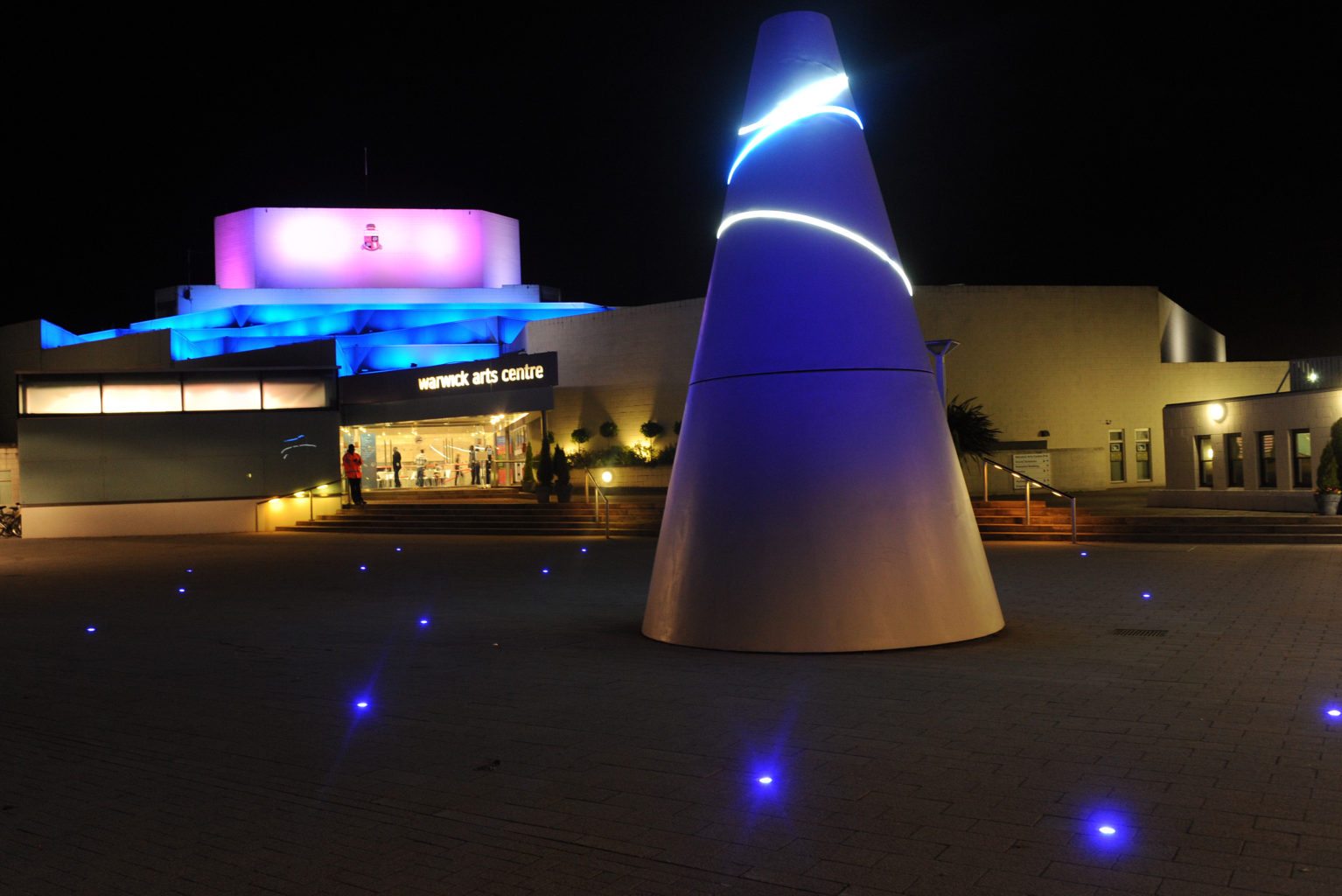Tips and tricks to help with your science degree
Three students talk through their tips and tricks for succeeding on an intensive science course. Read on to hear their advice!
Amber Spence – 2nd year Biological Sciences
The amount of contact hours that you have on this course can initially seem quite daunting, especially with 5-6 hour labs thrown in. One way I found to combat the stress is to make sure you always read your experiments the night before your lab. Recap anything you don’t understand, and make a rough step-by-step guide- this can save you hours on the day. If possible, try to write down key points for each section of your report in the evening (after your well-deserved post-lab nap) while the lab is still fresh in your mind. It may also be helpful to do your report with friends on your course, to help eachother clear up any bits you’re unsure of.
I would advise sourcing textbooks from the library when required, all aside from Lubert Stryer’s Biochemistry…
In terms of textbooks, I didn’t heavily use most of those I purchased. In retrospect I would advise sourcing textbooks from the library when required, all aside from Lubert Stryer’s Biochemistry. Stryer will become your holy grail, and I would highly recommend buying your own copy if you can (if you have a hunt online you may be able to find it cheaper second hand). Another one of the most valuable resources at your disposal are the SLS staff. If you are struggling, don’t be hesitant to reach out to your personal/senior tutor, or if you’re confused by a topic go to the relevant lecturer. In my experience, all the academics are approachable and eager to help.
Best of luck!
Beth Kynman- 3rd year Maths and Physics
Starting university is a huge learning curve, especially if you are a science student with lots of contact hours. As Maths and Physics fresher, I found it hard to balance the work load with settling in and socialising, though it did get easier as I learnt to adapt to the environment. Realising early on how useful Wolfram Alpha also helped!
I would advise any new freshers not to worry if at the start you struggle with the maths, in particular analysis. Most people do, as it’s so different to anything you’ll have studied before. You may eventually come to love it, or at least tolerate it until you no longer have to study it! Remember that all new students are in the same boat, and find support in each other, your personal tutor and maths supervisor. There are people around to help if you’re finding it really hard so don’t be afraid to ask for help!
Katie Levey- 3rd year Chemistry
In Chemistry they send out welcome packs to prepare you for coming to Warwick. I would definitely advise reading this, especially as it contains a letter from your mentor. Mentors are assigned to all freshers, and can answer any questions that you have in the coming weeks and throughout your first year.
The first couple of weeks especially are there to get everyone to the same level. They are also there so you can get used to how lectures work, so if you don’t understand something don’t be afraid to ask lecturers questions. Understanding the foundations is really key to getting more difficult concepts. We also received the three core textbooks for free, and these are the main textbooks that you will use, so don’t feel the need to fork out for more expensive advanced ones.
If there’s anything you’re struggling with, or just want to socialise with your fellow chemists, ChemCafe on a Monday evening is great place to meet up and work together with people. There’s free pizza and biscuits as well as academics and students from older years who you can ask for help.
Put as much effort as you can into small group tutorial questions which are handed in and marked by an academic…
After each laboratory sessions there will be a set questions or ‘post lab’ to answer. These link to the experiment you’ve done in labs, so it’s a lot easier to get them done if you meet up with your lab group as soon as possible while the memories are still fresh! You’ll also have tutorials and workshops to complete alongside your lab write-ups. Put as much effort as you can into small group tutorial questions which are handed in and marked by an academic, as well as workshop questions. You will get a lot more out of the sessions if you put effort into completing them, and these are also good to test what you have learned as you go along.
Importantly, just try to enjoy your first year and university. Don’t forget that there are so many amazing opportunities to take and clubs to join at Warwick which are also important parts of your university experience!

Comments